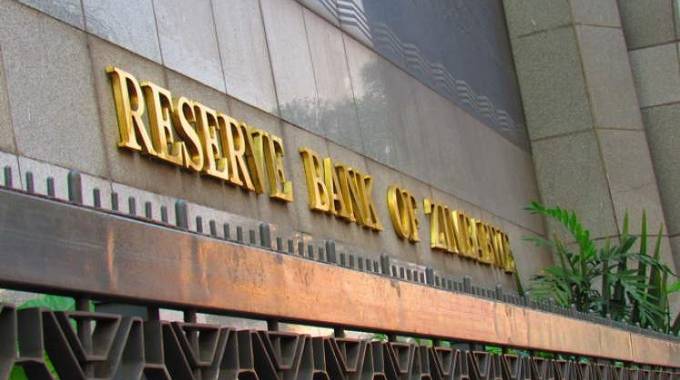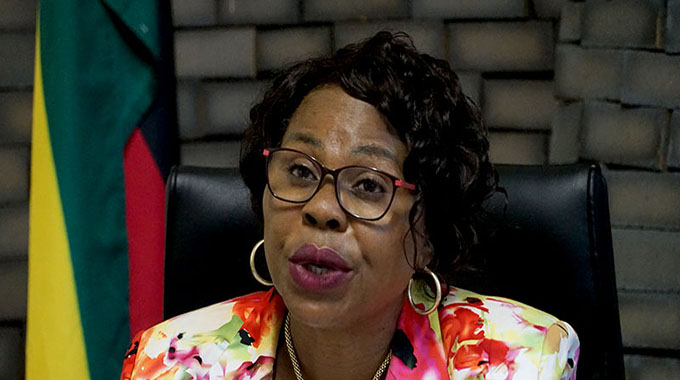RBZ urged to crush parallel market

Leonard Ncube in Victoria Falls
THE Reserve Bank of Zimbabwe (RBZ) should devise instruments that will effectively deal with the parallel market foreign currency exchange distortions to restore sanity in the economy, experts have said.
Economics research and finance experts who are attending the African Finance Association, which opened here Tuesday, grilled the director from the Central Bank, Mr John Mafararikwa, over the perceived RBZ’s failure to be pro-active in dealing with critical monetary issues.
The participants were speaking during a question and answer session after a presentation by Mr Mafararikwa.
“Why is the RBZ always reactionary to the black market. RBZ always follows behind the parallel market and we wonder why you are not pro-active in dealing with distorted rates in the market,” said one of the delegates from the floor.
Others concurred saying there was a need for urgent measures to deal with the situation and crush the black market rates between the US$ and RTGS, which recently rose above 1:5 compared to the official interbank rate of about 1:3.50.
In response, Mr Mafararikwa said the Central Bank was working on measures to arrest the situation, which will see exchange rates adjusting naturally in the short to medium term.
Another presentation made on behalf of RBZ deputy governor, Dr Kupukile Mlambo, about the monetary policy framework, identified a number of economic challenges facing the country such as effects of higher foreign currency premiums and bench-marking of processes to the parallel market.
Research and finance experts are attending the conference under the theme; “Applied Research in Accounting, Finance, Insurance and Economics of Africa”.
Great Zimbabwe University (GZU) is hosting the conference. Speaking at the same event GZU Vice Chancellor Professor Rungano Zvobgo said the platform was key for researchers and practitioners to discuss issues that impact on finance and insurance issues.
“The challenges we are facing in Africa are short lived. Innovation will play a key role in unlocking the future potential of banking. As financial inclusion for individuals and micro-enterprises advances, there are real opportunities for mobile money services including those provided by banks to fast track financial inclusion,” said Prof Zvobgo.
He said co-operation and co-ordination between industry and academic institutions was imperative and should be tailored to meet the realities of Africa.
Prof Zvobgo also said co-operation between academic institutions and private sector and public research centres and external funding institutions should be pursued.
His counterpart and Vice Chancellor of the National University of Science and Technology, Prof Mqhele Dlodlo, who was represented by Dr Peter Nkala, said the global economic landscape was changing rapidly.
He identified climate change, resource scarcity and geo-political conflict as some of the factors that shape the world. The conference ended yesterday.
— @ncubeleon











Comments